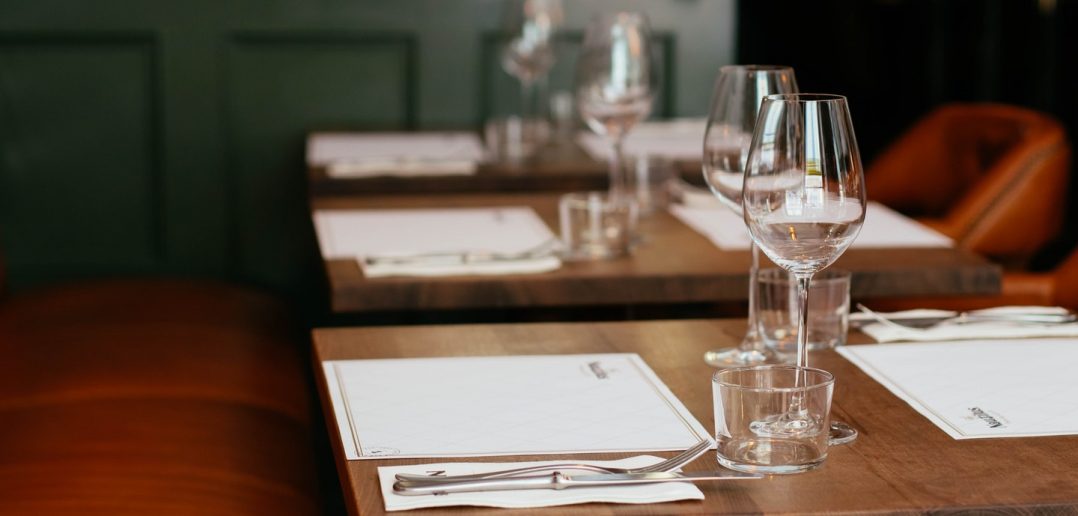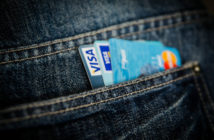The disruption and intermittent lockdowns have impacted businesses of all kinds, but the hospitality sector has been one of the hardest hit. Over the last 18 months, hotels, restaurants, bars, pubs and cafes have been forced to close for months at a time and limit patron numbers when they are open to slow the spread of the virus. Such adverse conditions have sent a number of businesses into bankruptcy, but with the help of new technologies, offers, and ideas, other have adapted well to the conditions.
Hotels
Hotel occupancy rates are down across the globe, with Europe and North America particularly hardly hit by a drop in visitor numbers. In the UK, occupancy rates fell from 75 per cent in 2019 to 38 per cent in 2020 before rebounding to 60 per cent this year. Nonetheless, boutique hotels and chains have been quick to make changes to their strategies and marketing practices to make the best of the situation and keep their hotels open as the world edges towards the end of the pandemic.
Some hotels have adapted to Covid-19 by reducing human contact between employees and customers, such as creating contactless digital check-in options that guests have found quicker, easier, and safer than the traditional introductions at the front desk.
Alongside offering check-in services, these digital signs display useful information such as new Covid-19 regulations and policies, as well as marketing offers when not in use.
Pubs & bars
The night-time economy has been particularly badly affected by lockdowns and social distancing, with many forced to close entirely for months, and add to this the supply chain issues and difficulty in finding staff and the problems could seem unsurmountable. However, running pubs and bars has always required a diverse skill set, creativity, and the ability to solve a wide variety of unique problems, and so many establishments have adapted to survive.
Some pubs pivoted to providing take-away cocktails or pints and upped their food menus to start offering deliveries, whilst others made the jump to offering meal kits and online cook-along sessions. Some have also taken the opportunity to close up for a few months for a full refurbishment, allowing them modernise at a time that would have less of an impact on their bottom line with staff furloughed and profits already down.
Restaurants & cafes
Restaurants and cafes have faced many of the same issues as pubs and bars, with deliveries and take-aways providing a lifeline to many throughout the last years and a half. The Brexit-related staff shortages continue to cause problems, but thanks to the likes of Deliveroo, UberEats, and Just Eat many restaurants managed to keep afloat despite difficult trading conditions.
When they have been open, restaurants have also adapted to the new reality of social distancing by creating implementing contactless ordering technologies, with apps and digital signage displaying the menus, with QR codes widely used to connect.
Analysts at PwC estimate that it may be four years before the hospitality industry fully recovers from Covid, with profit squeezes expected to continue for at least the next year. However, many of the innovations introduced by the hospitality sector have been ideas that patrons have wanted for years, but without the challenge of the pandemic the industry had been slow to adapt. Now, however, these technologies and strategies have been implemented, and the benefits are set to long outlast the pandemic.




